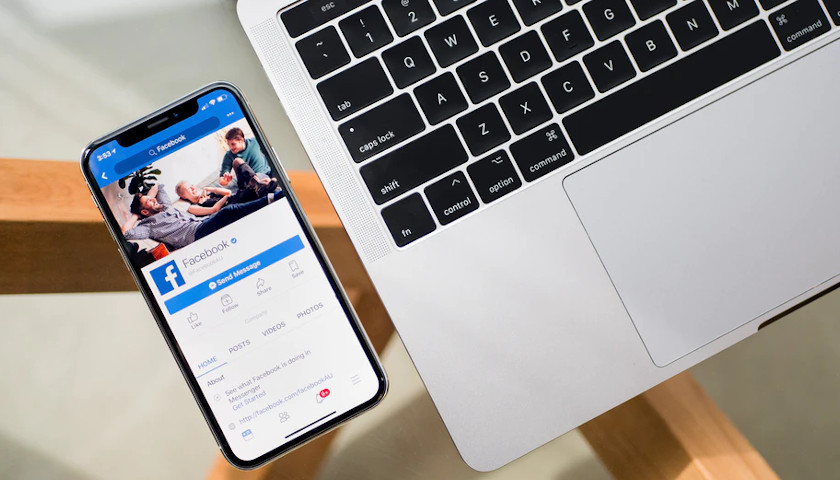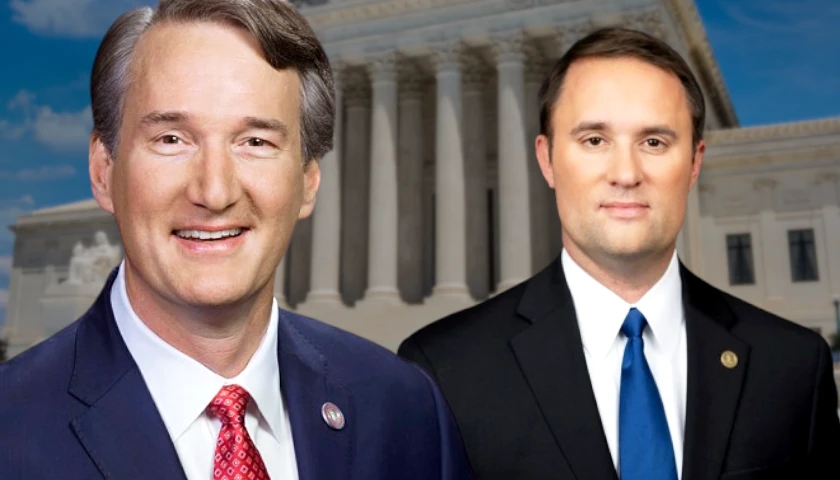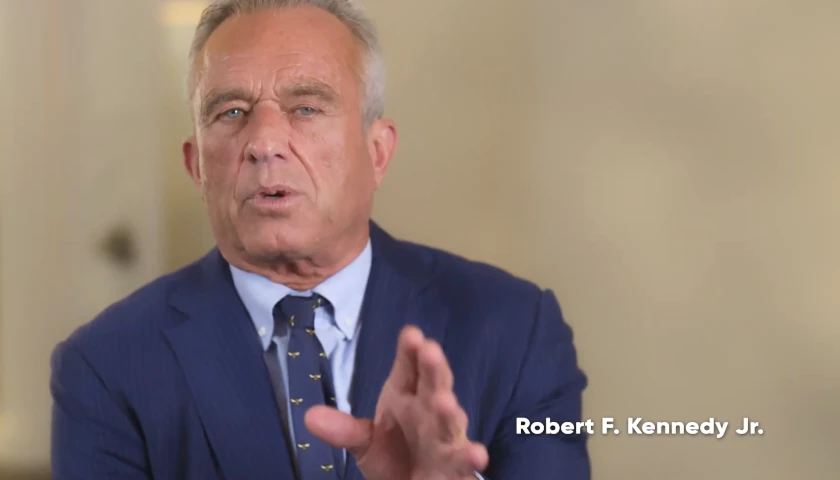by Ailan Evans
The U.S. government amended its antitrust complaint against Facebook on Thursday, bolstering allegations that the tech company illegally maintained a monopoly.
The amended complaint follows the Federal Trade Commission’s (FTC) dismissed December 2020 complaint which failed to adequately prove the tech giant’s monopoly in the “Personal Social Networking Services” market.
The FTC alleges that Facebook illegally acquired competitors WhatsApp and Instagram in order to stifle competition, maintaining monopoly power by preventing competitors from operating on Facebook software.
 Amendments to the FTC complaint provide data supporting the agency’s argument that Facebook maintained monopoly power and attempts to address points raised by the judge who dismissed the original claims.
Amendments to the FTC complaint provide data supporting the agency’s argument that Facebook maintained monopoly power and attempts to address points raised by the judge who dismissed the original claims.
“The suit also provides new direct evidence that Facebook has the power to control prices or exclude competition; significantly reduce the quality of its offering to users without losing a significant number of users or a meaningful amount of user engagement; and exclude competition by driving actual or potential competitors out of business,” the FTC said in a statement Thursday.
One reason for the earlier dismissal was the agency’s inability to provide a metric or method for calculating Facebook’s market share. This amended complaint seeks to address that failure by tying market share and market power to the size of Facebook’s user base.
“Measurements of a personal social networking service’s active user base and how much users use the service are appropriate measurements of market shares and market power for personal social networking services,” the complaint reads.
The FTC also alleges that Facebook exercises an anticompetitive practice of excluding software developers from its application programming interface (API) by requiring agreements not to compete in exchange for access. Judge James Boasberg previously ruled that Facebook had no obligation to allow competitors to integrate with its software unless the motivation behind the decision is to “sacrifice short-run benefits and consumer goodwill” in order to maintain a monopoly.
The agency argues that Facebook’s decision to restrict access to its core software harms it in the short term while maintaining the long-term goal of monopoly power.
“In cutting off developers from key APIs, Facebook made a deliberate decision to sacrifice the benefits that cut-off apps would otherwise bring to Facebook, including ad spend,” the complaint reads.
The FTC also provides a more rigorous definition of the market in which it alleges Facebook holds a monopoly, arguing that companies such as YouTube, TikTok and Twitter are not direct competitors.
“After failing to compete with new innovators, Facebook illegally bought or buried them when their popularity became an existential threat,” said Holly Vedova, acting director at the FTC’s Bureau of Competition. “This conduct is no less anticompetitive than if Facebook had bribed emerging app competitors not to compete.”
Facebook announced it would “have more to say” after it reviewed the amended complaint. The company has until Oct. 4 to issue a legal response.
This is the first major antitrust effort against Big Tech led by Lina Khan, the new head of the FTC appointed in June. Khan is a vocal advocate of enhanced antitrust enforcement against major tech companies.
– – –
Ailan Evans is a reporter at Daily Caller News Foundation.









